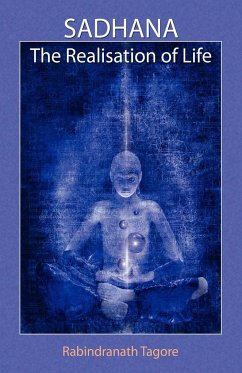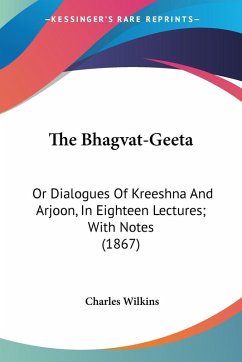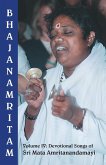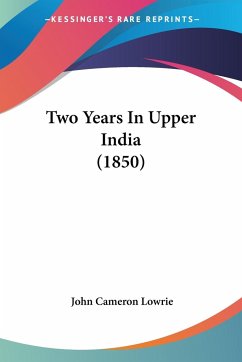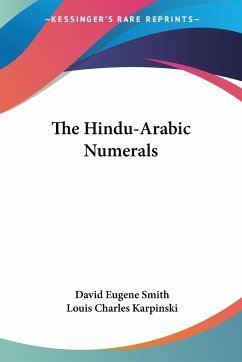Many have said that the Hindu religion is the only one that teaches its followers to respect all religions, not just their own. This is something that is practiced throughout India, and is why this great spiritual book can appeal to anyone. Tagore takes the very best wisdom from the Upanishads, the Bhagavad Gita, Buddhism and even Christianity to reveal a powerful, common theme that can bring everyone together. The author was not only a great poet, but won the Nobel Prize for literature in 1913. Albert Schweitzer called him one of the greatest thinkers of mankind and this book does well to prove it. What can be found within these pages is what one would call the wisdom of the ages. It is a spiritual classic that has helped transform many readers. It is recommended for all who seek truth, spiritual growth and self-realization in their lives.
Hinweis: Dieser Artikel kann nur an eine deutsche Lieferadresse ausgeliefert werden.
Hinweis: Dieser Artikel kann nur an eine deutsche Lieferadresse ausgeliefert werden.

